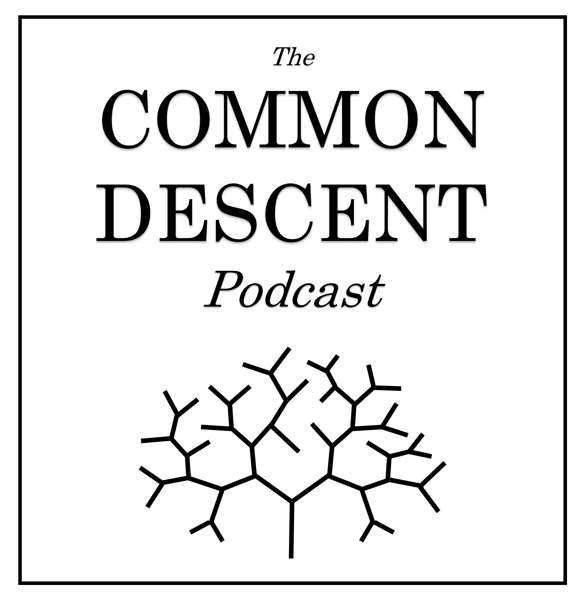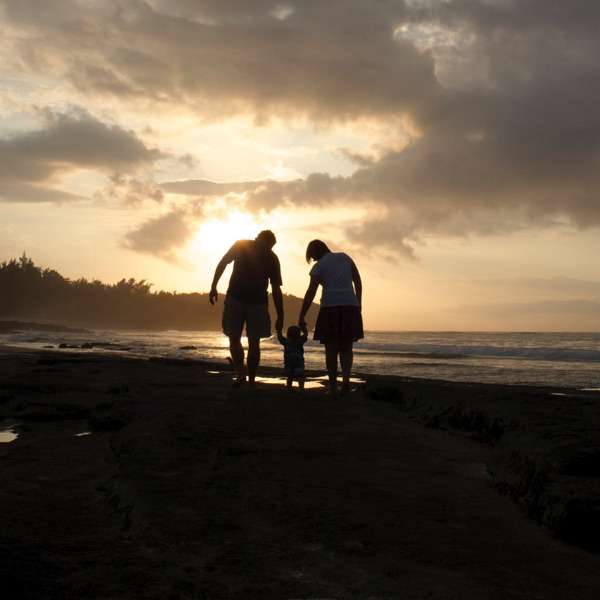Did you know that nearly half of the Canadian population has cared for an ageing, ill, or disabled family member or friend at some point in time? This is according to the latest data from Statistics Canada.
Despite little or no training, family caregivers are expected to provide care at home while trying to navigate our complicated healthcare system. On top of that, they also serve as substitute decision-makers.
As a society, we need to do more to support informal caregivers. The question is, how? Do we have a silver bullet? No. There is no definitive answer or approach as yet. Therefore a lot of research is being done to identify ways and methods we can use to support family caregivers.
In this episode, we have a prolific and renowned national researcher, Michelle Lobchuk. Michelle is a registered nurse and an associate professor at the College of Nursing, University of Manitoba.
Her research, spanning over almost two decades, has focused on communications support for professional and family caregivers. Michelle has held Canadian cancer society research scientist award and recently, a research Manitoba chair in caregiver communications.
Topics:
- What caregivers’ iceberg means
- Actions that help improve caregiving
- On building confidence in caregivers
- What high-risk family caregiver means
- Two red flags
- Tools developed in Canada
- The red flag questions
- Myths about caregiving
- Current percentage of male and female caregivers
- Methods taught to students
- The course they offer
- Who they offer the course to
- Responsibilities of healthcare providers
- Importance of open-ended questions
- Her message and tips to family caregivers
- The action item she gave
- On her warning factor
Quotes:
“We have to remember, especially with our ageing population, that more and more families are serving in the role as our care partners.”
“So I think environments, in terms of our systems, is a huge barrier in terms of how we can practice holistic care.”
“The world seems to say, ‘It takes a village to raise a child,’ I think it takes a village to help and support family care.”
“In a moment of calmness and in the moment where the pressure is not very high, remind yourself that you have to ask for help when you feel like your health is not doing well.”
“I wanna give you permission to love yourself and to pay attention to the needs that you have always addressed perhaps your whole life.”
“Keep a list of things that people can do for you.”
Links:
Host’s email: Rafiq@SeniorsPodcast.com
Sponsor’s Link - Right at Home: www.RightAtHomeCanada.com/Winnipeg
All Things Senior’s Facebook: www.facebook.com/AllThingsSeniors
Michelle's Email: Michelle.Lobchuk@umanitoba.ca
Links:
Host’s email: Rafiq@SeniorsPodcast.com
Sponsor’s Link - Right at Home: www.RightAtHomeCanada.com/Winnipeg
All Things Senior’s Facebook: www.facebook.com/AllThingsSeniors
Michelle's Email: Michelle.Lobchuk@uManitoba.ca
Federal Caregiver Readiness Video:
https://www.canada.ca/en/employment-social-development/corporate/seniors/forum/caregiver-readiness-video.html
Caregiver Self Assessment:
https://tevacaregivers.com/files/13960_Teva-CG-QC-Self-Assess-EN_FA.pdf

 Our TOPPODCAST Picks
Our TOPPODCAST Picks  Stay Connected
Stay Connected







